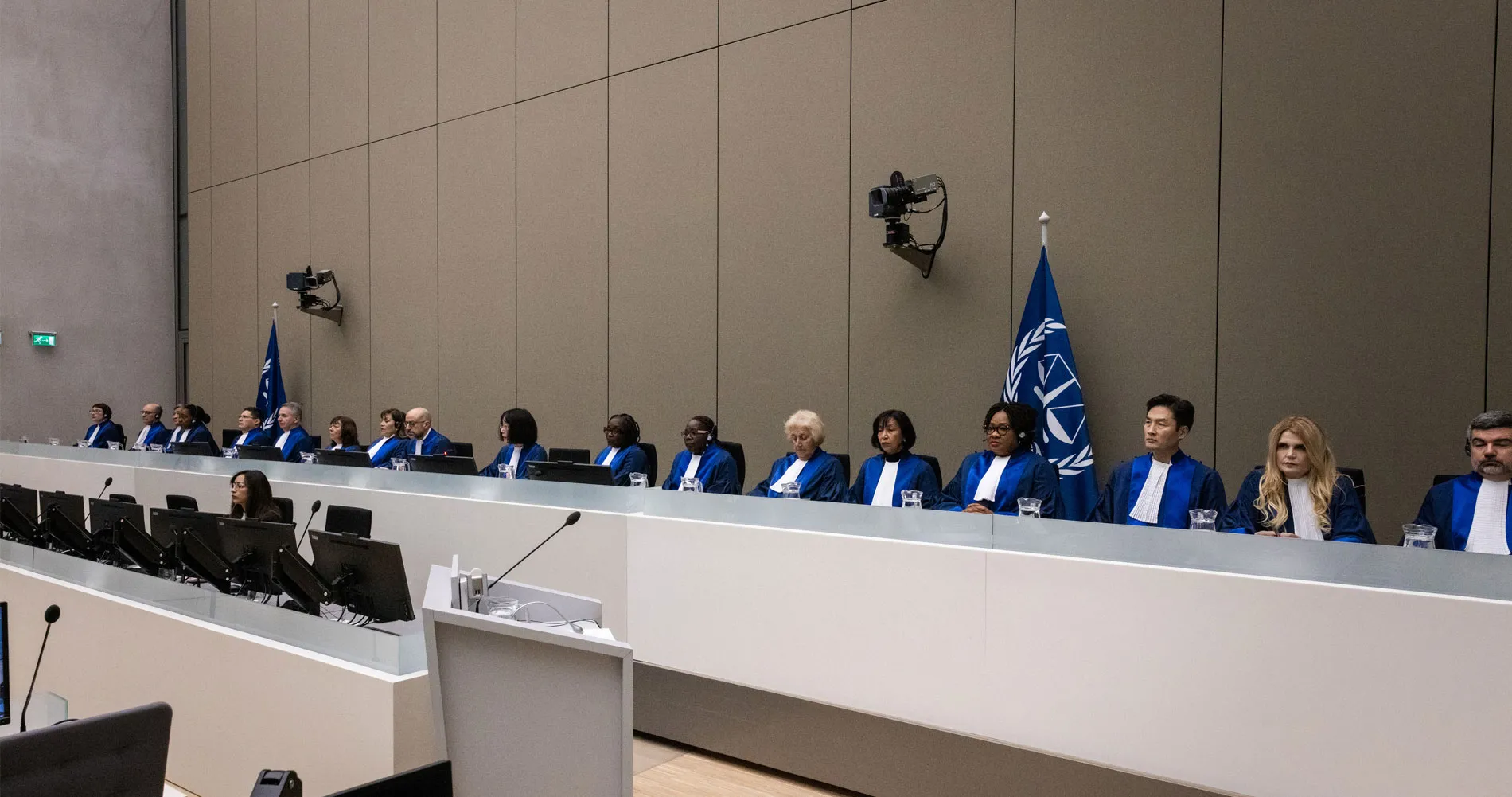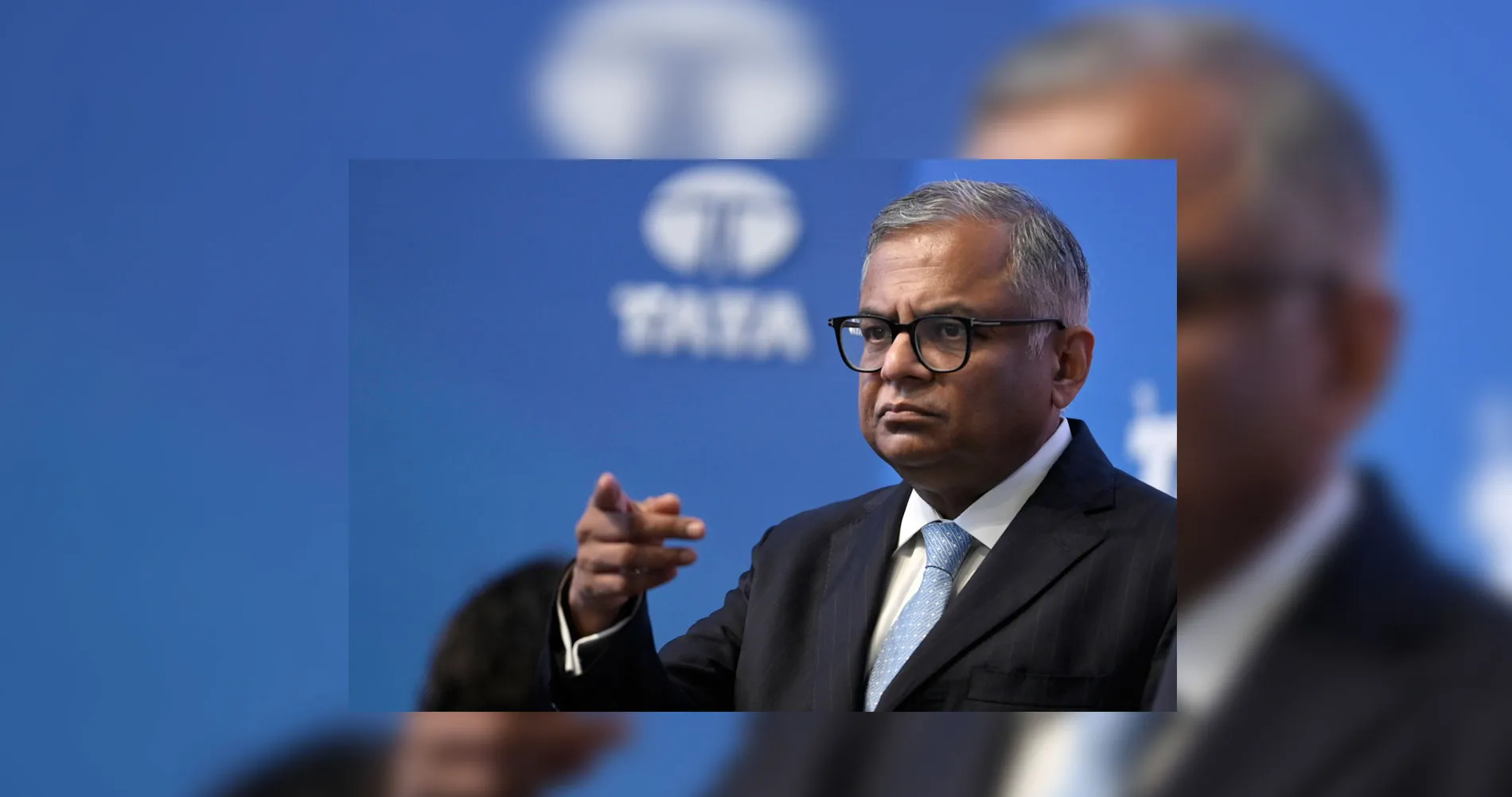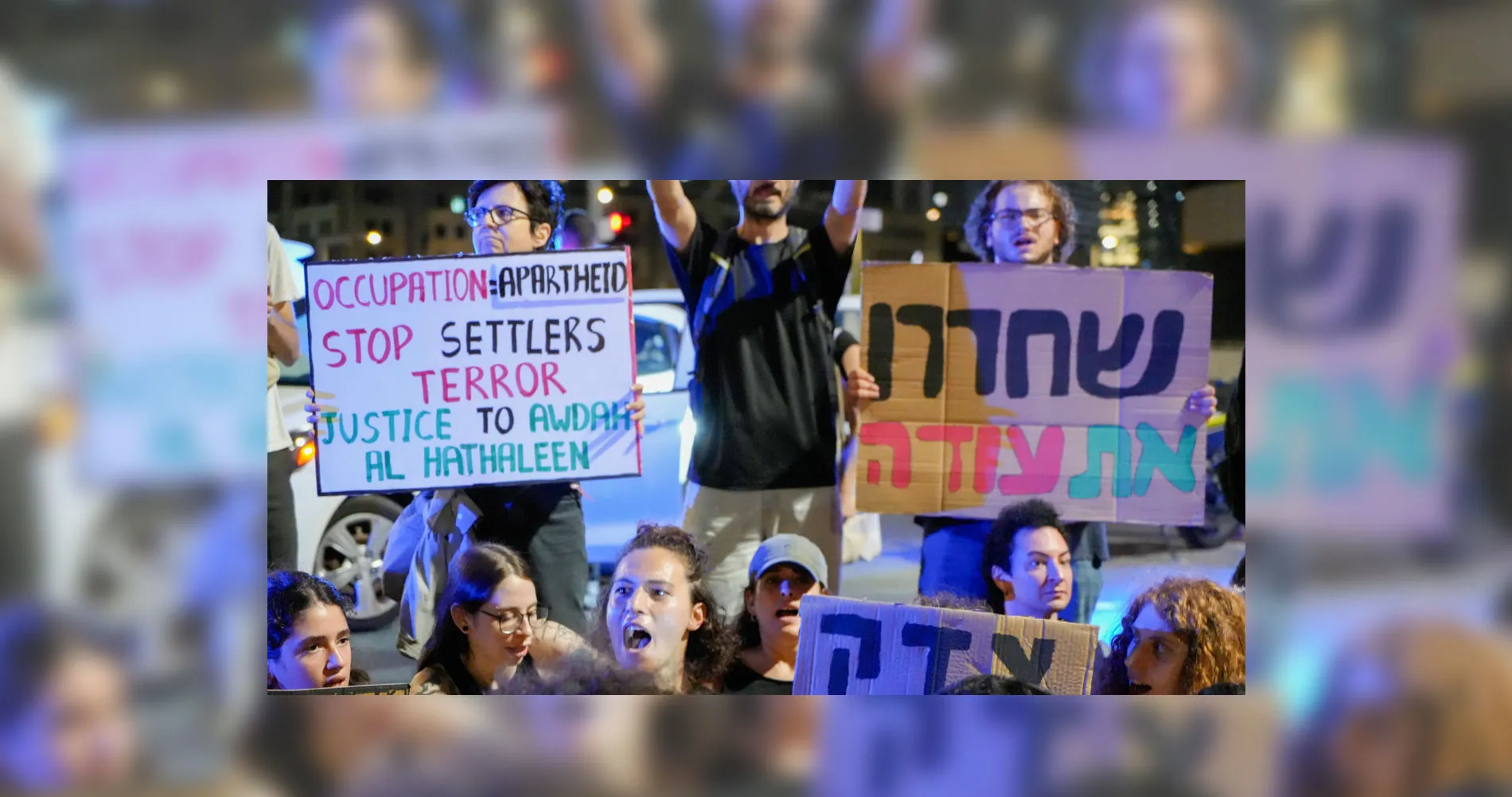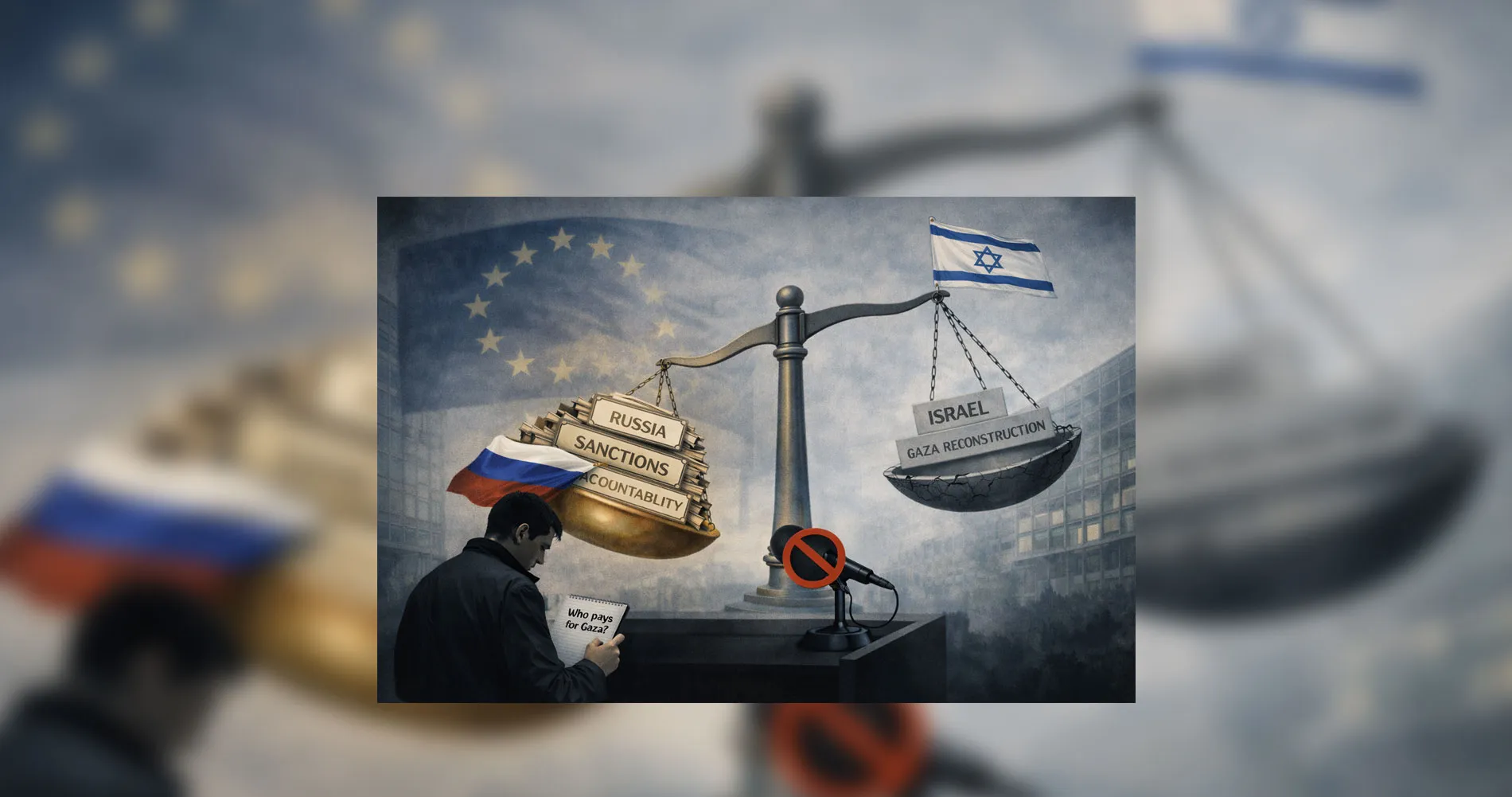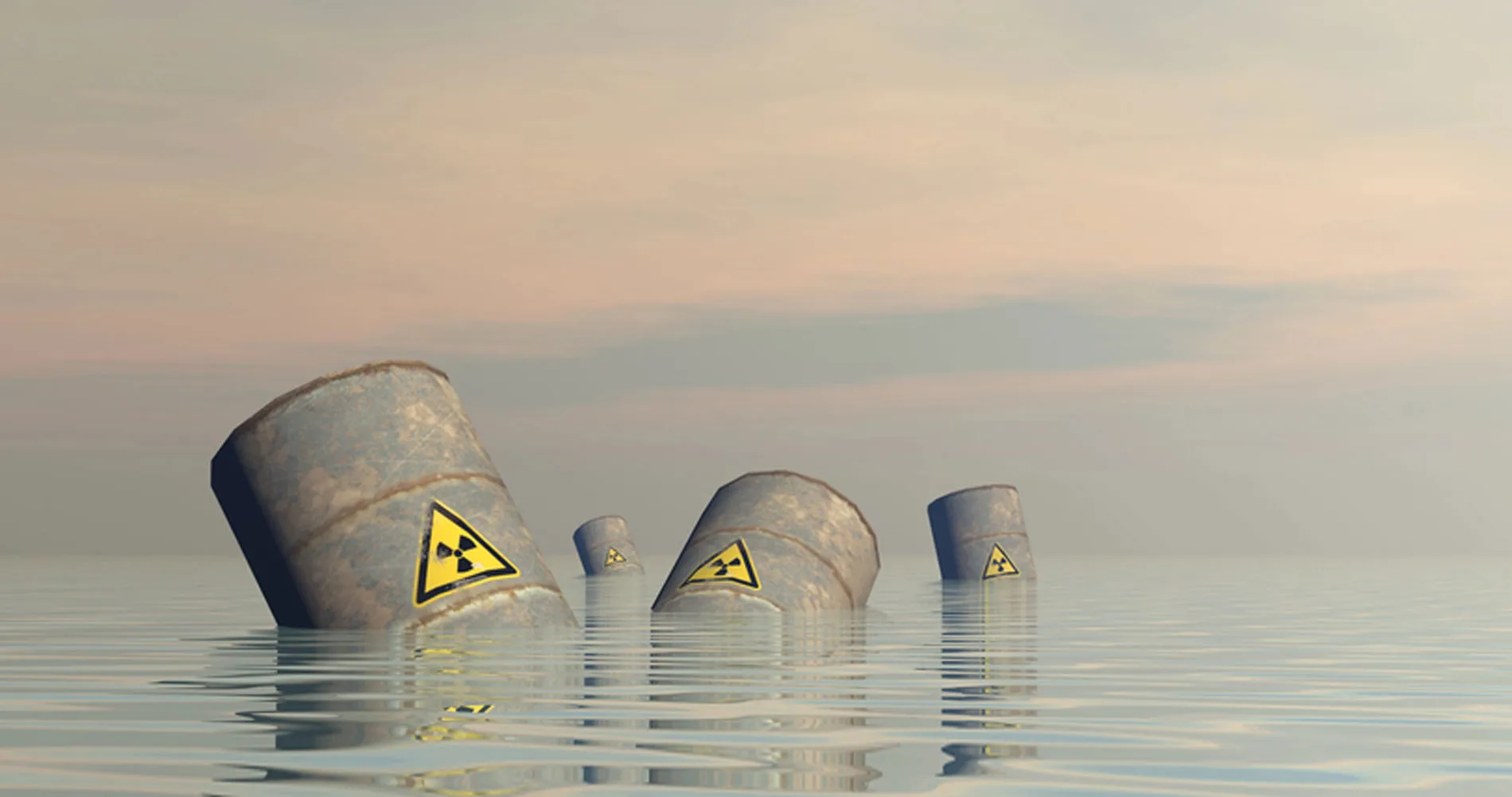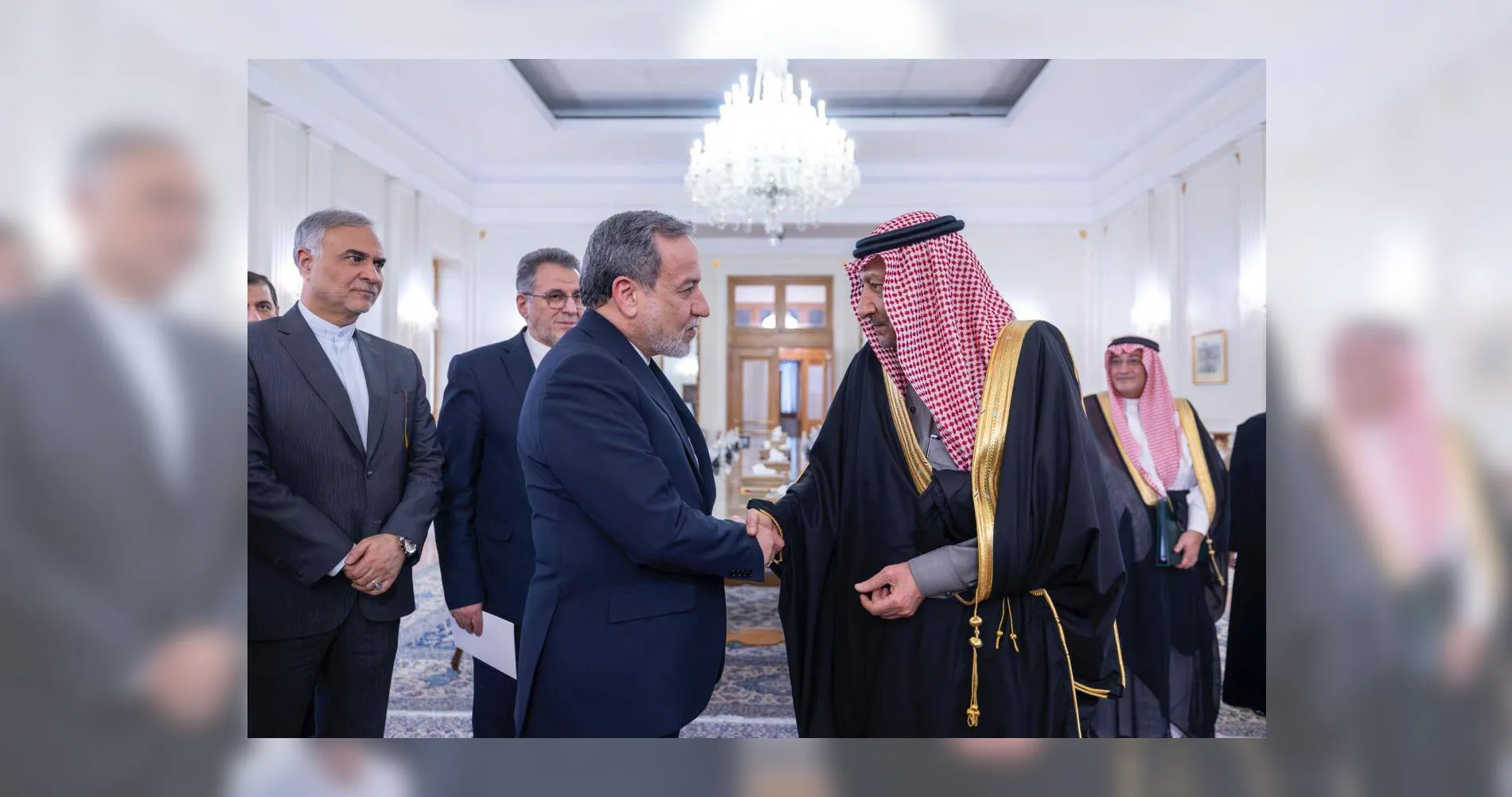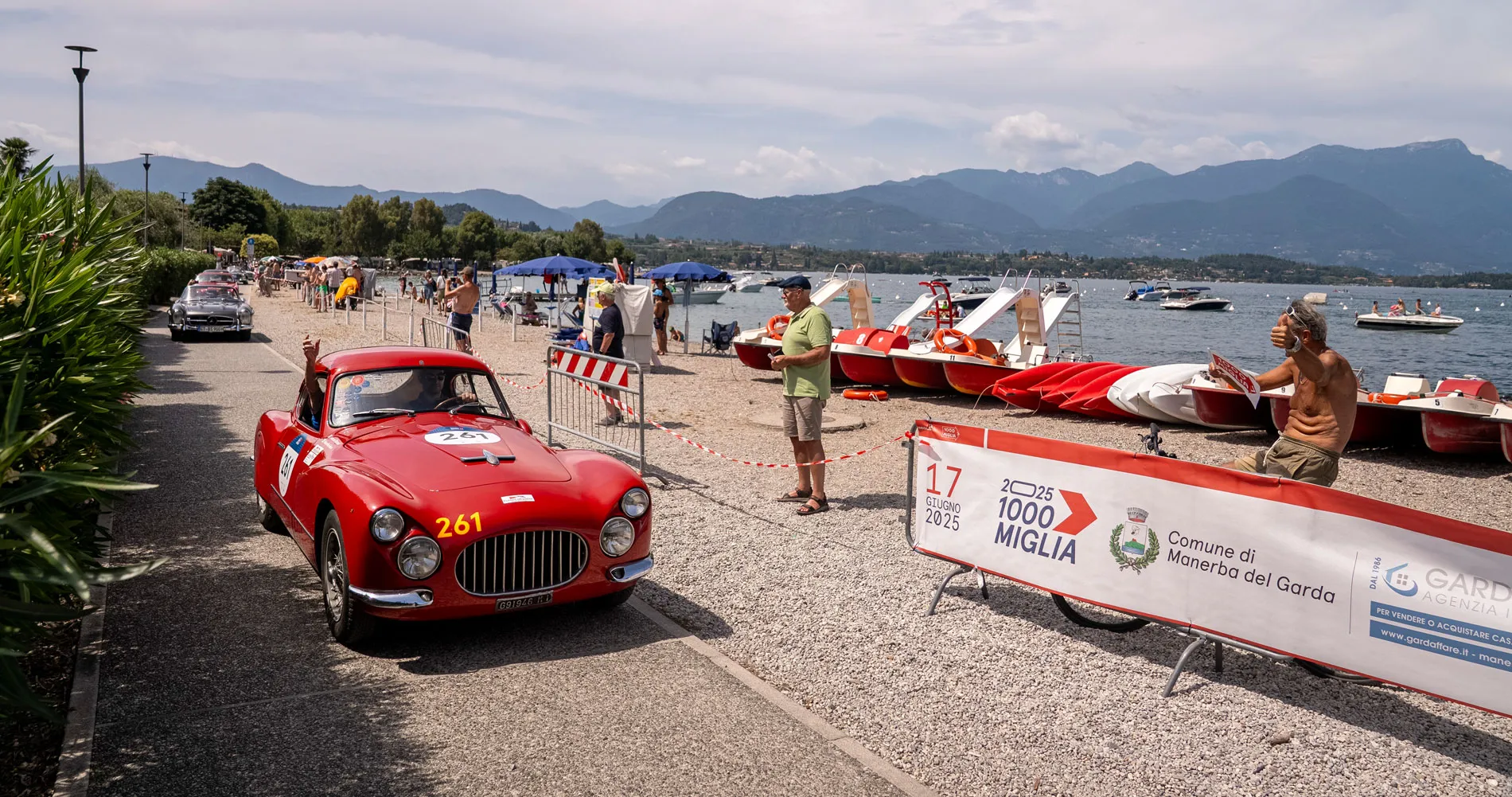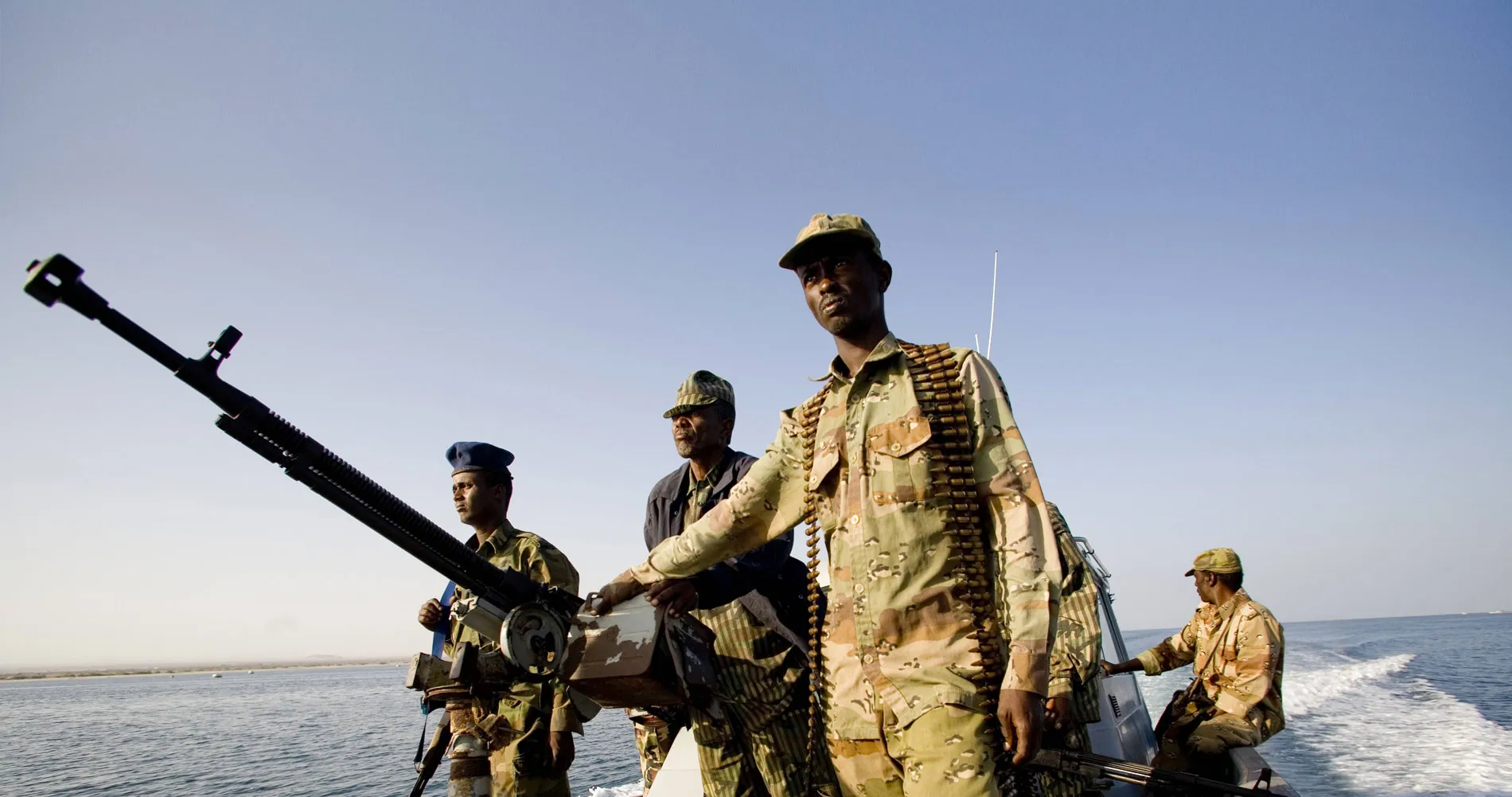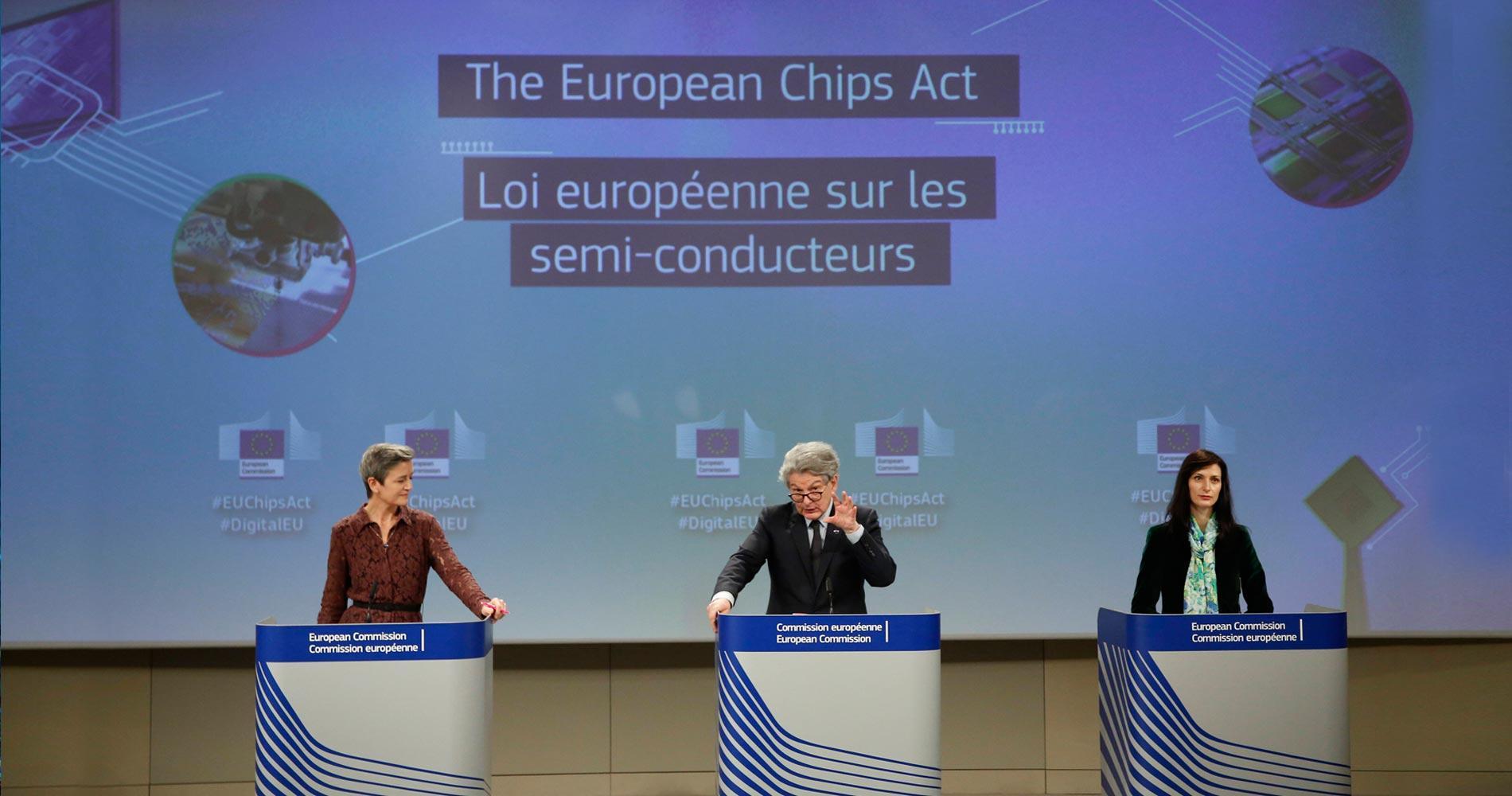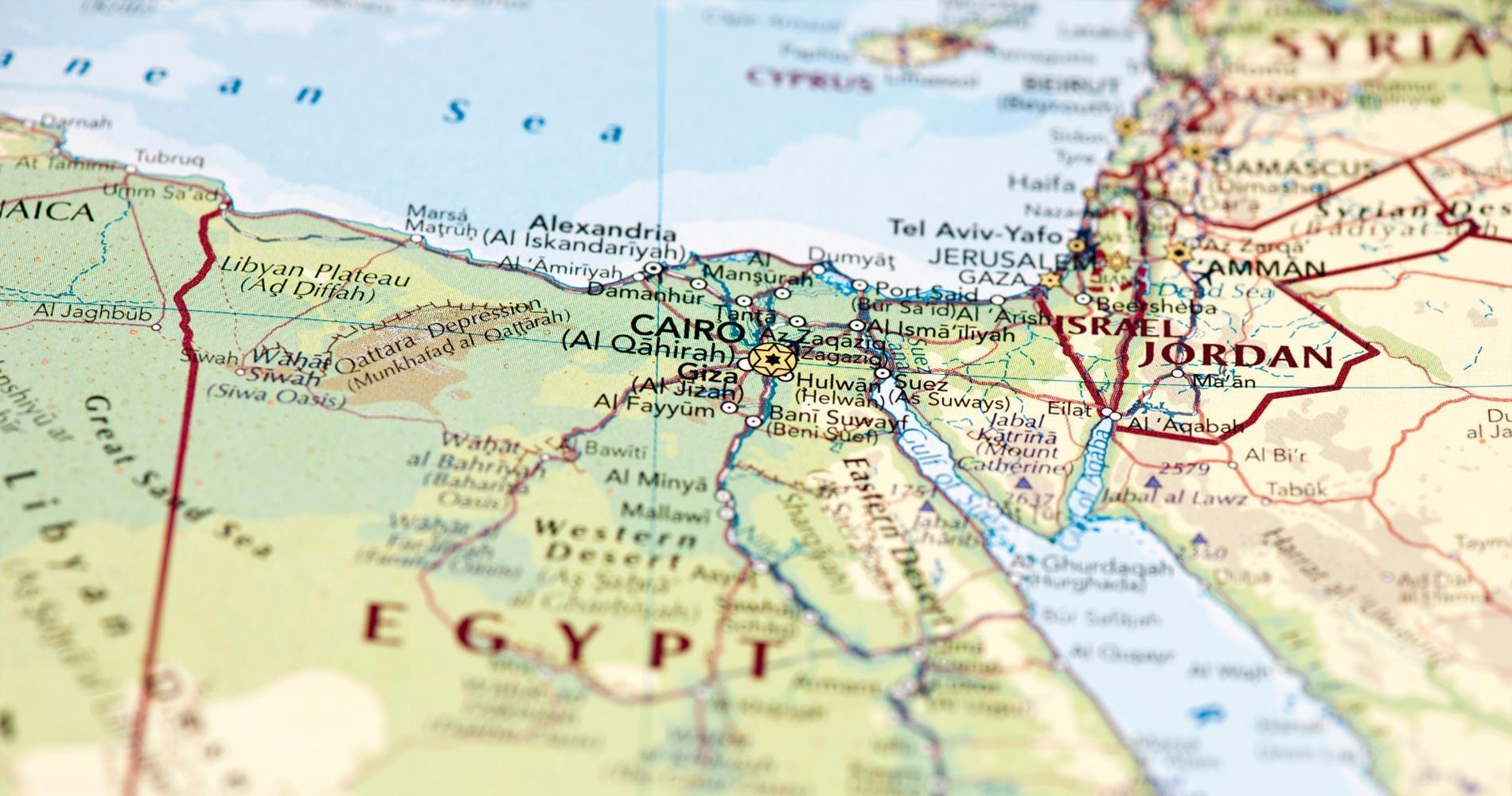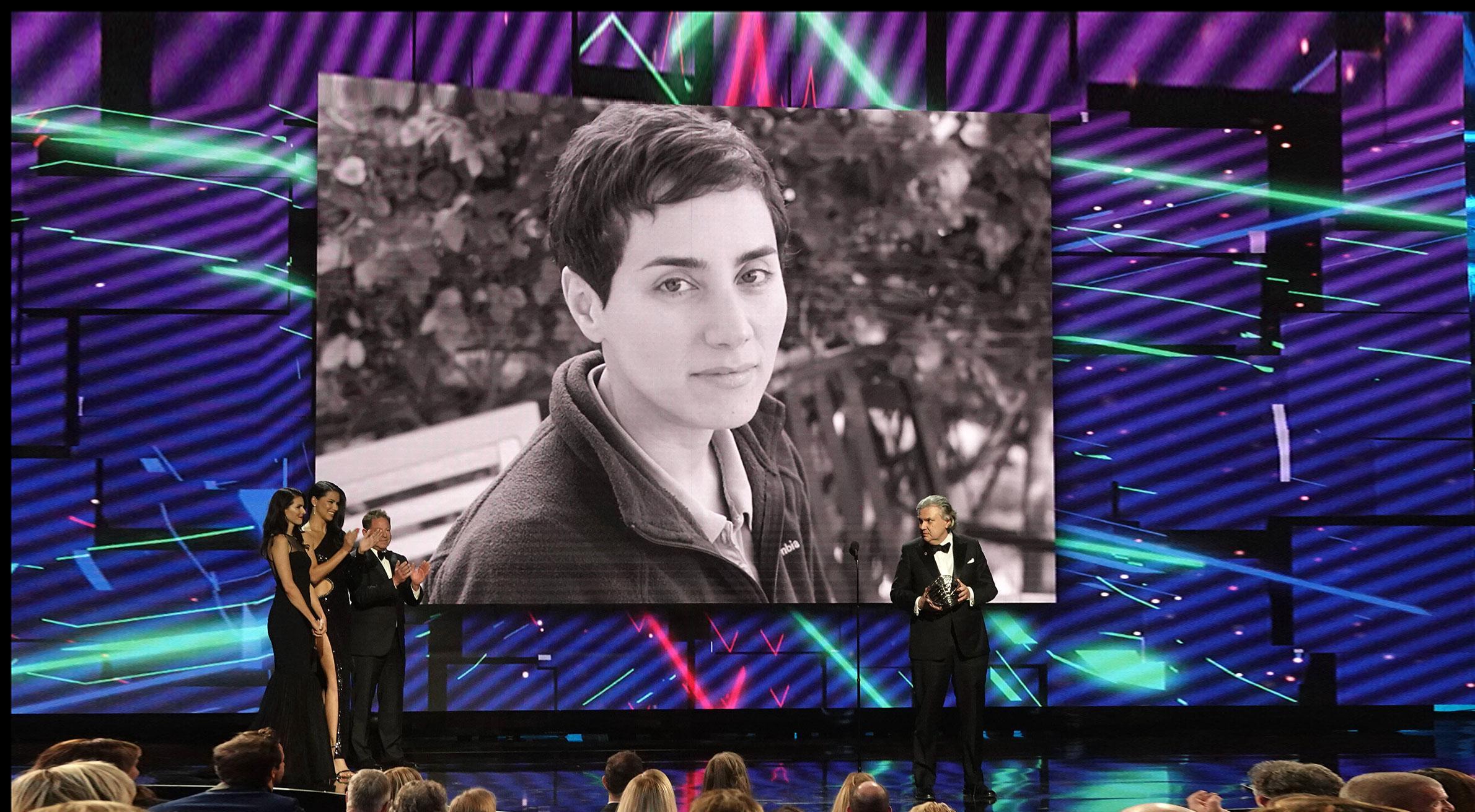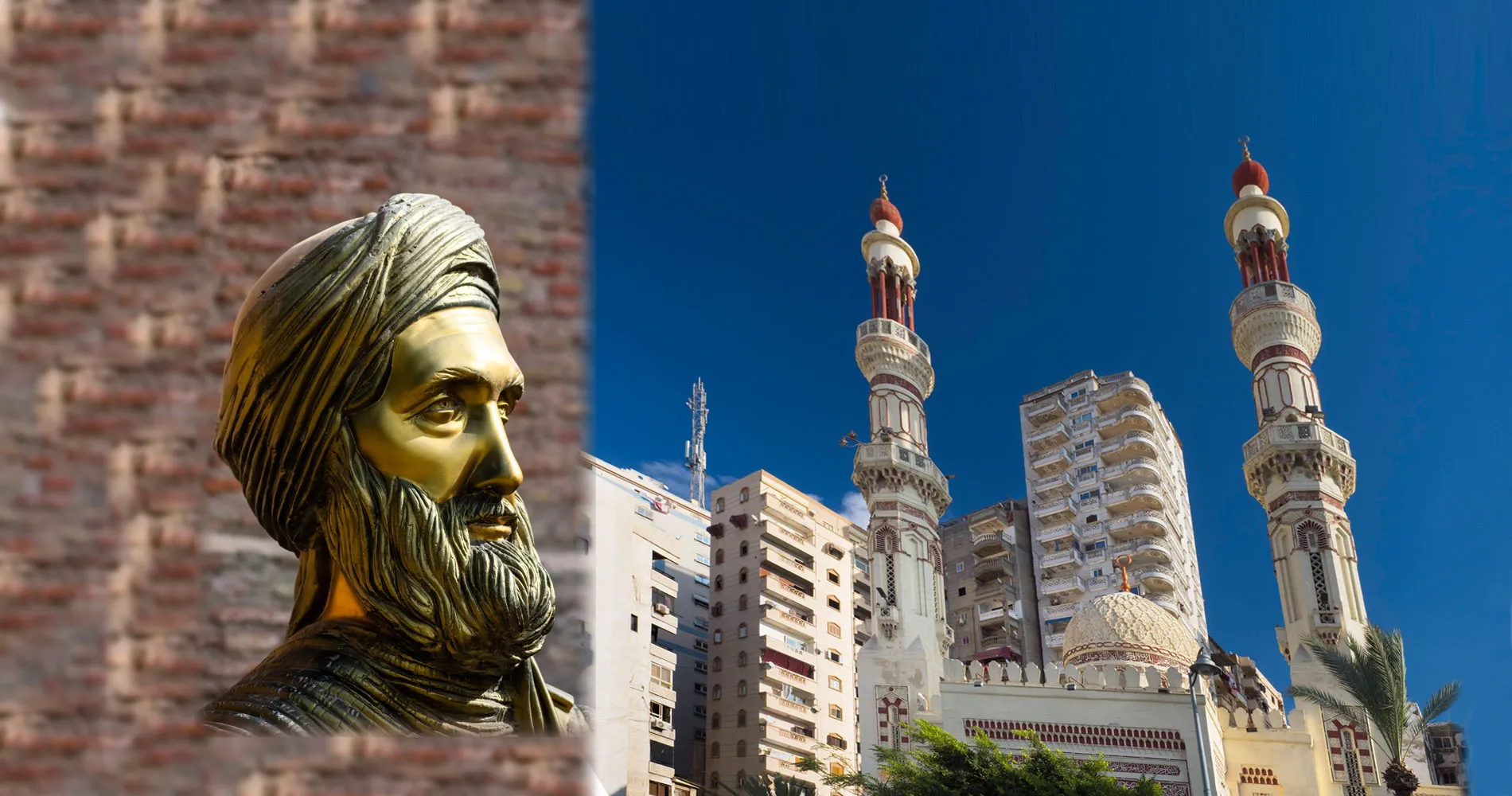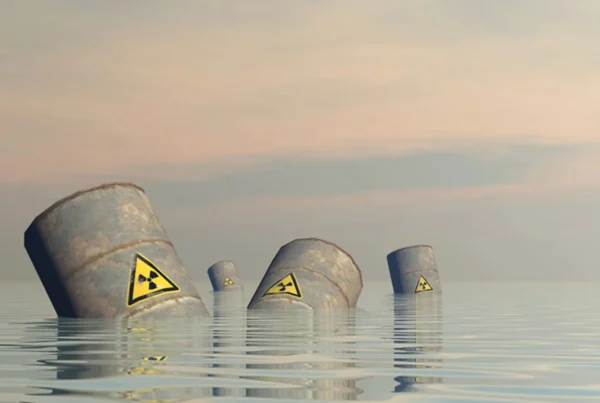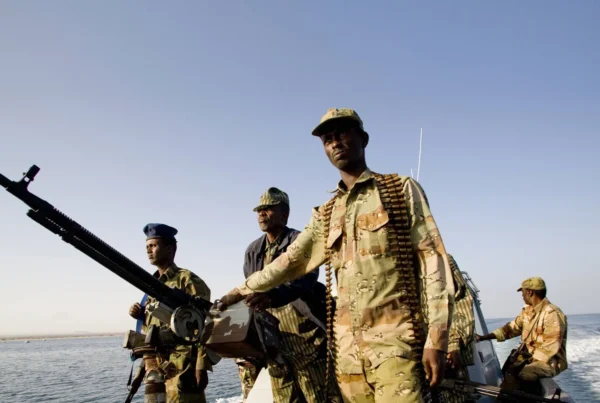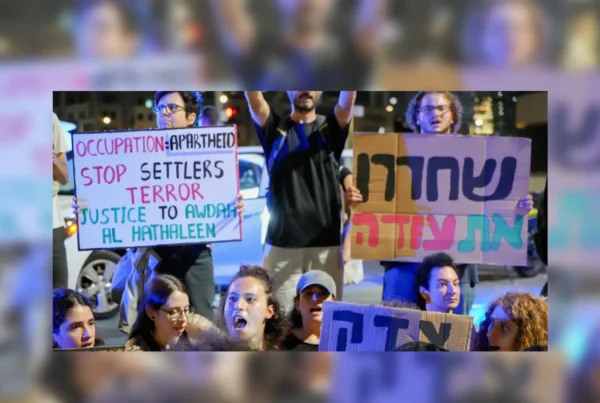After 23 years, the ICC convicted its first Darfur war criminal, yet every conviction for atrocities remains African, fuelling accusations that the court delivers justice for some while letting the powerful walk free.
Michael Asiedu
12 November 2025
Chinese version | German version
On 6 October 2025, the International Criminal Court made history. Ali Muhammad Ali Abd-Al-Rahman, known as Ali Kushayb, was convicted on 27 counts of war crimes and crimes against humanity. Fifty-six witnesses described horrors that should haunt any conscience; villages burned to ash, mass executions, rape wielded as a weapon of terror. Up to 300000 people died in Darfur during the country`s conflict between 2003 and 2005.
After two decades, victims finally heard the word “guilty”! Yet this triumph arrives poisoned by an uncomfortable truth. Every person convicted by the ICC for war crimes and crimes against humanity has been African.
The numbers are damning. Of 54 individuals indicted since 2002, 47 are African. The court has delivered 11 convictions in total, but the six for core international crimes; war crimes and crimes against humanity all involve African nationals from the DRC, Mali and Uganda. Little wonder critics call it the “Africa court.” Rwandan President Paul Kagame did not mince words; it exists to “prosecute Africans and others from poor countries.” The former African Union Chairman, Jean Pings` question cuts deeper: “Why not Argentina? Why not Myanmar? Why not Iraq?”
These are not defensive deflections. African civil society activists who champion accountability also question this pattern. The issue is not whether Kushayb deserved conviction; the evidence is overwhelming. The question is whether powerful non-African perpetrators will ever face the same reckoning.
The ICC has moved boldly. March 2023 brought an arrest warrant for Russian President Putin, the first against a permanent UN Security Council member. November 2024 delivered warrants for Israeli Prime Minister Netanyahu and former Defense Minister Yoav Gallant for alleged crimes in Gaza, including genocide and using starvation as warfare. January 2025 targeted Taliban leaders for gender-based persecution.
These developments suggest courage. They also triggered fury. Former US President Biden called the Netanyahu warrants “outrageous.” US Senator Lindsey Graham threatened sanctions against Canada, Britain, Germany and France if they assist the ICC. Russia issued arrest warrants for ICC officials. The court further endured cyberattacks and infiltration attempts.
But warrants are not convictions. Putin governs freely, having even visited Mongolia; an ICC member that refused to arrest him. Netanyahu remains in power, albeit constrained. He now flies longer routes avoiding European airspace, fearing emergency landings in countries that might enforce the warrant. The ICC’s Achilles heel is that it has no police force and is totally dependent on member states for arrests.
This weakness is not new. Former Sudanese Prime Minister Al-Bashir, indicted in 2009 for genocide, toured 19 countries; nine of them ICC signatories; without handcuffs. The African Union (AU) declared members “shall not cooperate.” Ousted in 2019, Al-Bashir sits in Sudan, not The Hague.
These accountability failures triggered withdrawal attempts. In 2016, Burundi, South Africa and Gambia announced departures from the Rome Statute, though the latter two reversed course. The AU adopted a non-binding 2017 “ICC Withdrawal Strategy” that ultimately did not mandate mass exit. Yet systematic resistance persisted. In September 2025, the Sahel Alliance; –Mali, Burkina Faso and Niger-collectively withdrew, denouncing the Court as a “neo-colonialist” tool. Their coordinated departure represents organized regional pushback, not isolated defections, demonstrating the Court’s continuing legitimacy crisis across the continent.
Behind the political theater lies financial starvation. The ICC’s 2024 budget was approximately $187 million. Since 2015, major donors have imposed zero-growth budgets despite ballooning caseloads. The court now investigates 16cases across continents. In December 2024, states approved EUR 195 million (USD206 million) for 2025, falling EUR 7 million short of the EUR 202 million (USD213 million) the court requested.
Chronic underfunding forced the Prosecutor’s Office toward voluntary contributions. Critics warn this politicizes justice. Western states opposed investigating Israel’s actions in Palestinian territories. The Office of the Prosecutor then allocated nearly five times more resources to Ukraine than Palestine. Coincidence? The optics are devastating. When budgets align with donor preferences, accusations of selective justice become impossible to dismiss.
Yet the irony stings; many African situations were self-referred. Uganda, the DRC, the Central African Republic and others voluntarily requested ICC involvement. Support flourished when targeting warlords. Backlash erupted when sitting presidents faced scrutiny. This suggests critics object not to accountability itself but to the spectacle of African leaders prosecuted while Western powers operate untouched.
Counterarguments exist. Many recent atrocities occurred in Africa. The US, Russia, China, and Israel are not members, limiting jurisdiction. The court operates on complementarity, intervening only when national courts cannot or will not. Wealthy nations can prosecute domestically.
But these technicalities miss the point. When every conviction is African, when warrants against Western-aligned leaders gather dust, when budget allocations favor investigations into Western adversaries, the court resembles an instrument of power politics, not impartial justice.
Ali Kushayb’s conviction delivers genuine justice. The evidence overwhelmed; he personally beat two men to death with an axe, ordered mass executions. International criminal law exists to ensure accountability and recognize victims’ suffering. The ICC has brought perpetrators to justice who might otherwise walk free.
But individual convictions cannot fix structural rot. The ICC operates in a fundamentally unequal system where power determines whose crimes get investigated. Until a non-African faces conviction, not just indictment, the “Africa court” label sticks. Until powerful states face the same accountability as weak ones, accusations of neo-colonialism will haunt every prosecution.
The ICC needs three things to survive: sustainable funding matching its mandate, not politically motivated starvation of funds; enforcement mechanisms producing arrests regardless of power; and prosecutions demonstrating international law applies universally.
Ali Kushayb’s conviction proves justice for mass atrocities is possible. Whether it will be equally possible for all perpetrators, regardless of their nationality or their allies’ influence, remains the defining question. Without progress, the court risks becoming precisely what critics claim; a tool for the powerful to discipline the weak while remaining forever untouchable.


